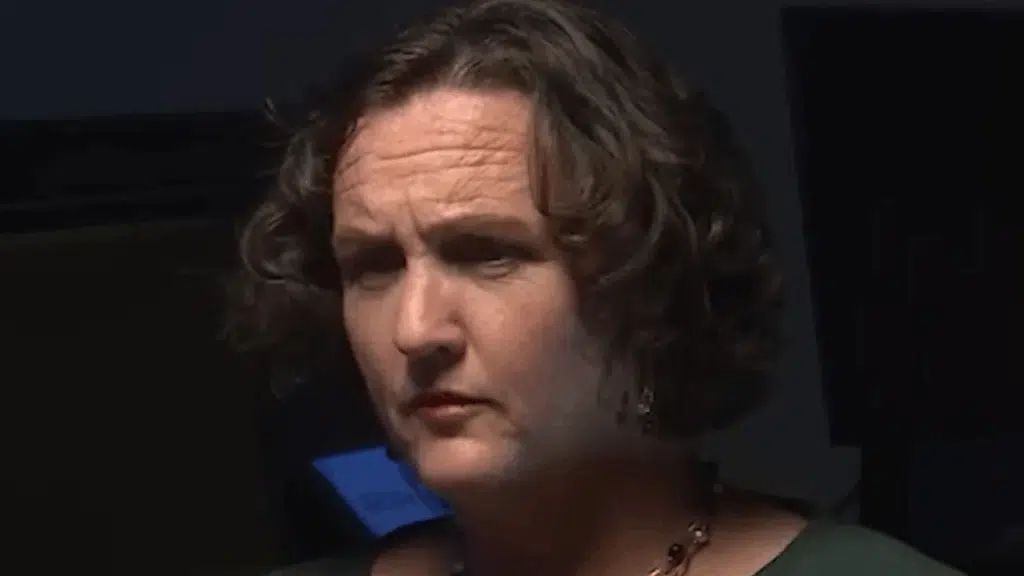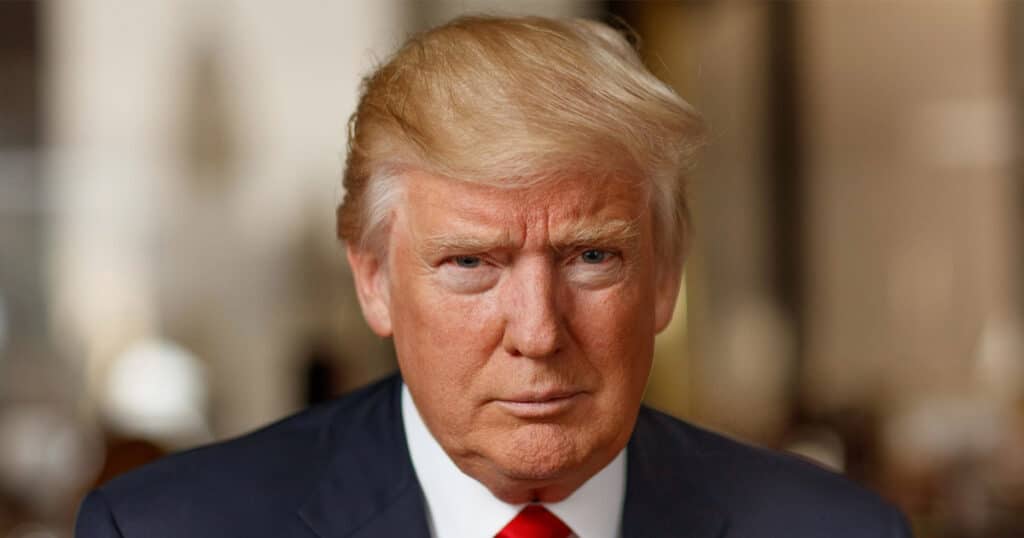
Ohio Gov. DeWine Signs ‘Emergency’ Executive Order Banning Transgender Surgeries for Minors After Vetoing Similar Bill
Ohio’s Republican governor, Mike DeWine, signed an “emergency” executive order Friday banning transgender surgeries for minors, one week after he vetoed a bill that would have had a similar effect.
The bill would also have banned cross-sex hormones and so-called puberty blockers for children, measures DeWine’s executive order apparently omits. The bill would also have addressed fairness in women’s sports, an issue DeWine’s order also does not address.
DeWine vetoed House Bill 68, the Enact Ohio Saving Adolescents from Experimentation Act, last week. The bill would bar physicians from performing gender-reassignment surgery on a minor and from prescribing cross-sex hormones or drugs to block puberty for the purpose of gender transition. It also would enable students to sue if they are deprived of a fair playing field in sports due to gender activism and protect parents’ rights to raise their children according to their biological sex.
Ohio lawmakers had called a special session on Jan. 10 to override the veto.
“Although I vetoed … House Bill 68, I stated clearly in my Veto Message that I agreed with the General Assembly that no gender transition surgeries should be performed on anyone under the age of 18 and I directed agencies under my purview to draft rules to ban this practice in Ohio,” DeWine said in his executive order.
In the order, he declared that “an emergency exists requiring the immediate adoption of rules 3701-59-06 and 3701-83-60 of the Ohio Administrative Code.” DeWine’s office did not immediately provide the text of the rules upon The Daily Signal’s request.
According to the executive order, the regulations “would prohibit gender transition surgeries on anyone under the age of 18 in Ohio’s hospitals and health care facilities, including ambulatory surgical facilities.”
Last week, DeWine framed his veto as an effort to bring consensus on a divisive issue and to avoid having the government decide what medical decisions are best for children.
“Were House Bill 68 to become law, Ohio would be saying that the state, that the government, knows better what is best for a child than the two people who love that child the most, the parents,” DeWine said.
The governor also insisted that a bureaucratic rulemaking process would be more likely to produce rules that would survive legal challenges. Similar laws restricting experimental gender interventions have faced court challenges, although many have survived legal scrutiny.
While DeWine recounted meeting with “people on all sides of the issue to hear their concerns,” including detransitioners and critics of transgender interventions, he also echoed pro-transgender activists who claim that minors with gender dysphoria (the painful and persistent condition of identifying with the gender other than their biological sex) will commit suicide if they can’t take hormones or undergo other “treatments” to make their bodies resemble those of the opposite sex.
“Ultimately, I believe this is about protecting human life,” DeWine said. “Many parents have told me that their child would not have survived, would be dead today” without such interventions.
He also recalled speaking to adults who argued that if they had not undertaken these interventions, “they would have taken their life when they were teenagers.”
He invited state legislators “to meet with us to collaborate,” insisting that he shares many of their goals, including preventing surgeries for minors and obtaining “comprehensive data” on the interventions.
Many doctors have testified that “gender-affirming care” is experimental and that counseling and therapy may resolve deep-seated issues underlying gender dysphoria.
The bill’s main sponsor, Rep. Gary Click, a Republican, told The Daily Signal that he would not allow the veto to stop him from protecting fairness in women’s sports or from defending kids from experimental “treatments” that leave them scarred and infertile.
After DeWine’s veto, Click noted that “The SAFE Act has been thoroughly vetted through two general assemblies, both chambers of the legislature, and numerous witnesses.
“I have invited the administration to participate in the process from the beginning and continue to believe that we would have benefited sooner if that had been accomplished,” he said.
DeWine’s office dismissed the idea that a veto override would affect the executive order the governor signed today.
“Speaking hypothetically, a potential veto [override[ would have no potential effect on the emergency rules issued today,” Dan Tierney, DeWine’s press secretary, told The Daily Signal in an emailed statement Friday.
Republican presidential candidates condemned DeWine’s veto. Former President Donald Trump said DeWine had “fallen to the Radical Left,” while Gov. Ron DeSantis, R-Fla., urged the Ohio Legislature to “override the veto done by Trump-endorsed Gov. DeWine.” Entrepreneur Vivek Ramaswamy said, “Shame on DeWine.”


